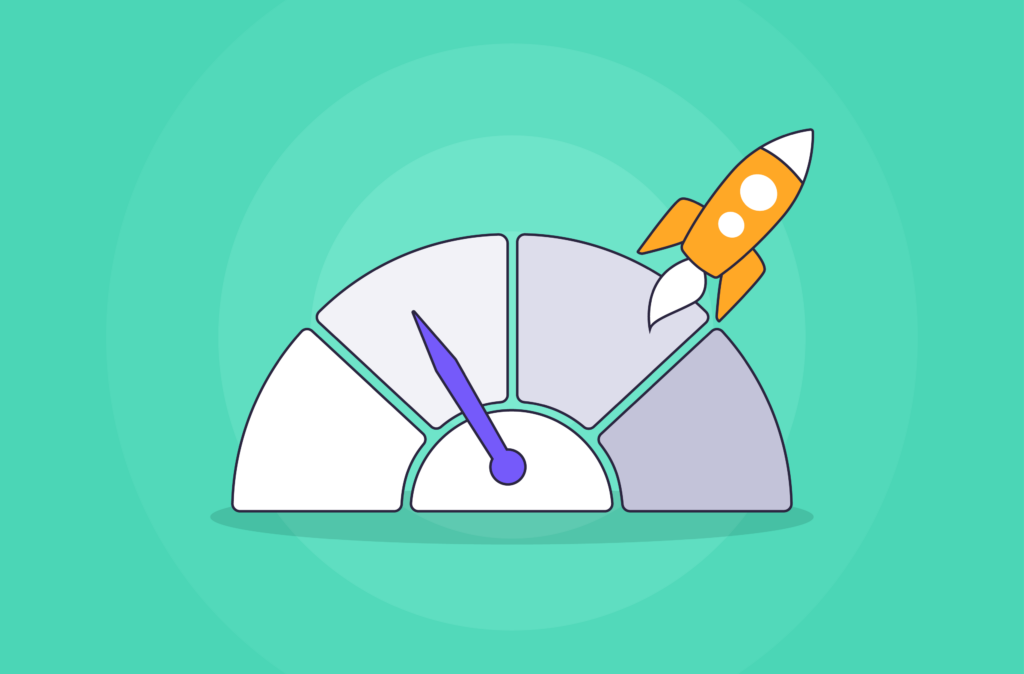Time is an important resource in all sorts of workspaces. Managers strive to use it as effectively as possible to boost productivity. One of the most popular strategies for doing this is the main subject of this article: time tracking.
Time tracking typically involves special software to track the working hours of employees. Team leaders can use it on a variety of their staff’s devices, including desktop, mobile, and more. But its popularity doesn’t automatically mean it is perfect for everyone. This may have made you wonder: is time tracking effective?
This guide will answer this question and explore time tracking in-depth. We’ll cover the pros and cons of the strategy and explore its effectiveness for different teams.
The basics of time tracking: what is it?
Let’s start our deep dive into time tracking with the basics: what is time tracking? As mentioned previously, it simply involves tracking the work hours of your staff. While special software is the most popular way of tracking time, you can also use a simple timer and a spreadsheet for the purpose. But, as you might imagine, your results will vary greatly with this method when compared to dedicated software. This variance ties nicely into the answer to our main question.
Is time tracking effective?
The effectiveness of time tracking depends on many factors, including the quality of your time tracker. If you use a high-quality solution like WebWork, you’ll likely get good results. But, if you use a manual method, your tracked time data will be inaccurate.
Why can time tracking be ineffective?
Several things can lead you to ask “Is time tracking effective?”. Chief among these is the accuracy of tracked hours, which can impact the effectiveness of time tracking significantly.
Accuracy of time tracking data
The most prominent reason why time tracking may be ineffective for your team is data accuracy—specifically, the accuracy of the tracked time data of your team. You might be doubting the strategy if your staff work for long hours, yet they can’t complete their tasks on time. This can mean a few things, including that your team is not very productive. But, depending on how unproductive they are, they are likely not working as much as you would think based on your data.
Set-up and usage of time tracking
Another reason why you might experience trouble with time tracking is improper set-up and use. For example, if your employees keep forgetting to turn on their trackers, you won’t get the full benefits of time tracking. In another instance, you may not get in-depth data on what your team members were working on if you use your time tracker incorrectly. Many additional tracking features, like app and website usage monitoring, require you to use the the tracker on the correct platform to take advantage of them.
Which time trackers are the most effective?
Let’s now shift away from the question “Is time tracking effective?” to something a bit more actionable: “Which time trackers are the most effective?”
Time trackers with extra features
A fully-featured time tracker will generally be more effective than a simple one. If you have more tracking data from your workspace, you will be able to maintain a higher level of accuracy for your tracked hours. For example, you can make sure your team members were working at any time by checking their activity levels. You may also use their app and website usage data, screenshots of their desktops, or even GPS locations. All of these will help you maintain higher accuracy and use various time management techniques more effectively.
Automatic time trackers
Another excellent way to increase the accuracy of your tracked time data is to use an automatic time tracker. This works especially well if staff use company devices for their work. While work computers are most commonly used in offices, you can also provide them to your remote working or teleworking professionals. Lots of high-quality time tracking software can turn on automatically on startup. Many of them, like WebWork, can detect idle time and breaks as well. This will further increase the quality of the tracked hours at your business.

The effectiveness of time tracking for different teams
Having explored our main topic, let’s now look at a couple of its derivatives. Specifically, the effectiveness of time tracking for teams of different sizes.
Is time tracking effective for small businesses?
Small businesses can use time tracking to ensure efficiency in their processes. Having fewer employees, it is much easier for such firms to ensure everyone is using the app correctly. Moreover, the benefits of effective time tracking will be more significant for smaller companies, as you’ll likely be dealing with tighter budgets.
Is time tracking effective for large teams?
While ensuring everyone is using the time tracker correctly will be harder, the strategy can still deliver measurable results for larger teams. Bigger companies can use time tracking to build safety nets for themselves. Instead of focusing on boosting productivity at all costs, you could strive for an unmatched employee work-life balance.
The benefits of effective time tracking
Before bringing this article to a close, let’s explore one last thing: the benefits of effective time tracking.
Increased productivity
One of the key benefits of effective time tracking is increased productivity. It can assist you in prioritizing tasks by helping detect when your employees take too long to complete their work. Time tracking can also be invaluable in detecting distractions in your team. Using a high-quality time tracker like WebWork, you can even set up reminders for staff to shy away from non-productive apps at work.
Streamlined management
Continuing on the topic of productivity, effective time tracking will also boost the performance of your management team. In turn, they will be able to do their work better, helping the rest of your team perform their best. This can be especially important for larger teams that have several levels of management professionals.
Data-driven decision making
The key functionality of a time tracker is to collect data on your team’s work hours. Using such data, along with additional information like activity levels, can help you in data-driven decision making. This is an effective strategy for making better choices for companies of all sizes, which you should take advantage of as well.
Final thoughts
While time tracking is a powerful tool, using it incorrectly can lead to subpar results. If you’ve ever asked “Is time tracking effective?”, consider using a higher-quality app. A time tracker with many monitoring features will help you collect data with more accuracy. This will then be invaluable in getting the most from time tracking to speed up the growth of your company.

